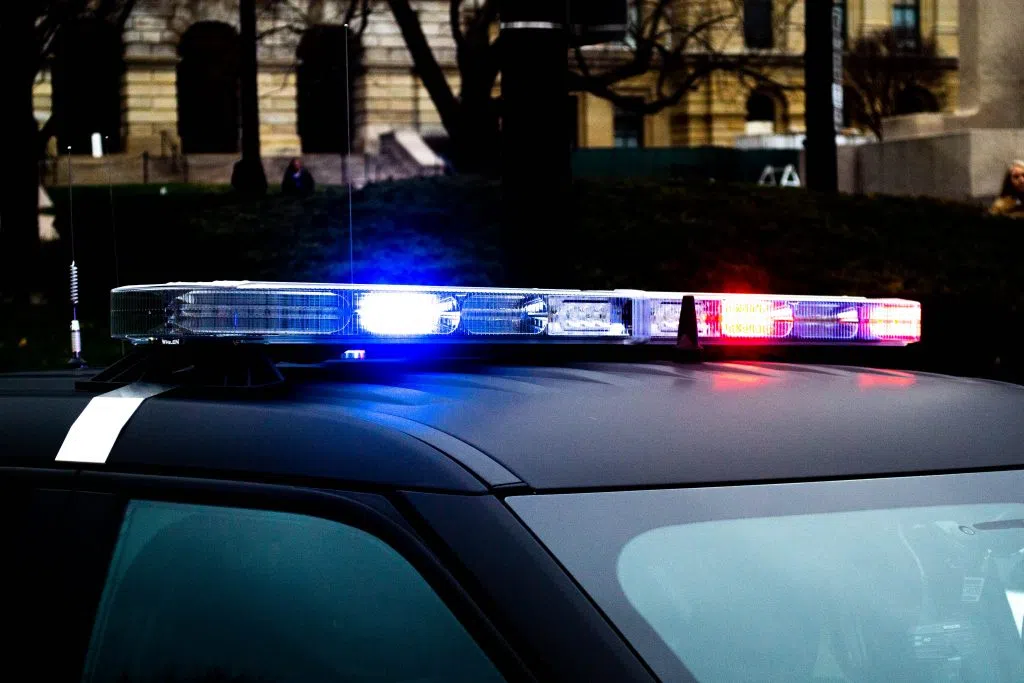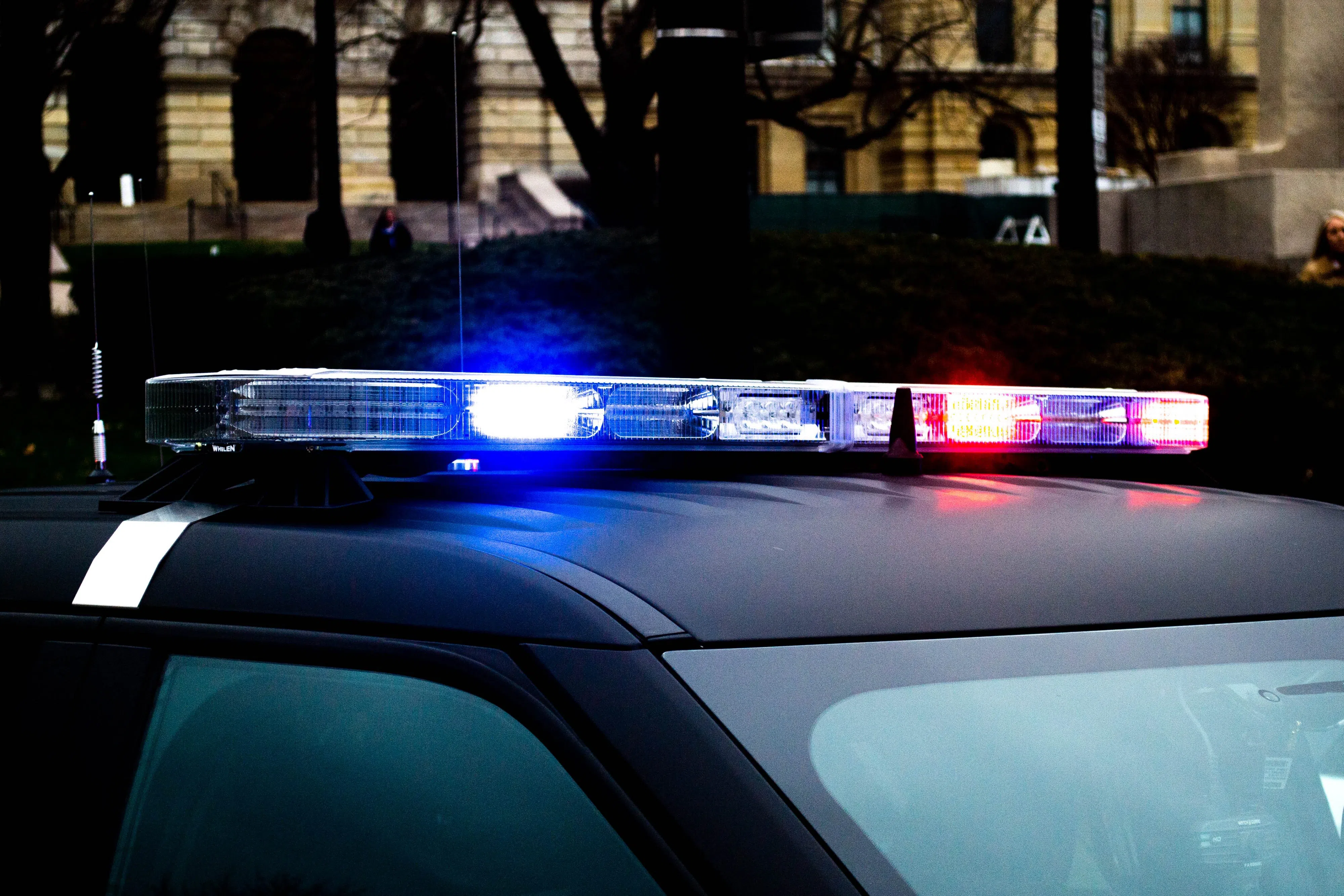Same group that successfully blocked election ‘slating’ law takes aim at highway cameras
By JERRY NOWICKI
Capitol News Illinois
jnowicki@capitolnewsillinois.com
Illinois State Police say an automated license plate reader program has helped the agency identify witnesses or suspects in 82 percent of highway shooting cases this year, including all eight that resulted in a death.
But as the state looks to further expand its network of more than 400 cameras this year, it faces a lawsuit accusing ISP of operating “a system of dragnet surveillance” by using the cameras to monitor all traffic that passes them.
The fiscal year 2025 state budget that lawmakers approved last month includes $7 million in new funding for the technology as well as $2.5 million reappropriated from a previous year.
The cameras are constantly monitoring the highways where they are installed, collecting images, time and location data on hundreds of millions of vehicles each year. In May alone, the cameras captured 1.4 million “hits,” or instances in which a pictured license plate matched one in a law enforcement database for “hot” vehicles – such as stolen cars or those connected to a crime. That was out of 215 million recorded “detections” in May, which includes any instance of a vehicle image being stored with date and time data.

State expressway shootings have fallen from 2021 peak. If trends continue, 2024 is on track to have the fewest number of shootings since 2019. Among highway shootings in the past 5 ½ years, 6.8 percent involved a
The libertarian legal group Liberty Justice Center contends the constant nature of that surveillance violates the rights of two Cook County residents named as plaintiffs in their lawsuit filed May 30.
The group is the same one that successfully sued to block implementation of a state law that would have prevented certain General Assembly candidates who didn’t run in the March primary from getting on the November ballot. It was also behind the lawsuit that ultimately resulted in the U.S. Supreme Court striking down “fair share” union dues in 2018.
Read more: Judge blocks law that would have banned newly slated candidates from ballot
“Defendants are tracking anyone who drives to work in Cook County – or to school, or a grocery store, or a doctor’s office, or a pharmacy, or a political rally, or a romantic encounter, or family gathering – every day, without any reason to suspect anyone of anything, and are holding onto those whereabouts just in case they decide in the future that some citizen might be an appropriate target of law enforcement,” the lawsuit reads.
The lawsuit contends the program violates the plaintiffs’ search, seizure and due process rights under the 4th and 14th amendments to the U.S. Constitution. It seeks to end the state’s operation of the license plate reader program and to provide specific protections for the two named plaintiffs.
A lawyer for the Liberty Justice Center told Capitol News Illinois the plan is to seek a temporary injunction against the surveillance program as the full case progresses.
About three weeks after the lawsuit was filed in federal court in the Northern District of Illinois, ISP sent a news release touting the efficacy of the program.
Highway shootings had been on the rise before the legislature authorized and provided funding for automated license plate readers, or ALPRs, in Cook County. There were 51 such shootings in 2019, 147 in 2020 and 310 in 2021, according to Illinois State Police data. That dropped to 189 in 2022 and 129 in 2023, with 42 recorded through mid-June in 2024 – a 42 percent decline through the same period last year. The cameras were used in at least 260 investigations this year, according to ISP.
“The use of automated license plate readers has been a game changer in investigating interstate shootings, as well as vehicular hijackings and thefts,” ISP Director Brendan Kelly said in the Tuesday news release. “They provide us vital leads for our investigation, allowing us to track the events immediately leading up to and following the shootings to identify the vehicle involved.”
Read more: Capitol Briefs: State Police report fewer deaths on Illinois highways in 2023
State police can review images instantly upon report of a shooting or other incident, and once a suspect vehicle is identified, law enforcement can set the system to alert them if that vehicle is spotted on an ALPR.
Under law, the cameras can be used in the investigations of offenses involving vehicular hijackings, terrorism, motor vehicle theft, or any forcible felony, which includes such crimes as murder and firearms offenses. Cameras can also be used for monitoring roadway conditions for safety purposes.
The law, however, prohibits officers from using footage to enforce “petty offenses,” such as speeding.
ISP said their policy is to keep data collected by the cameras for 90 days.
“That’s kind of our big concern is the historical collection and aggregation of all the data,” Reilly Stephens, a Liberty Justice Center attorney, told Capitol News Illinois. “If you only have 24 hours of data, maybe it’s a different case.”
There’s 430 such cameras throughout the state, including 340 in Cook County, 78 in St. Clair County and four each in Champaign, Morgan and Winnebago counties.
Later this year, ISP plans to add cameras in Macon, Madison, Peoria, Bureau, Lake and Winnebago counties. ISP said it could also “potentially” add cameras in Boone, DeKalb, DuPage, Grundy, Henry, Kane, Kendall, LaSalle, McHenry, Rock Island, Sangamon, and Will counties, as well as on DuSable-Lake Shore Drive in Chicago.
The law creating the camera program passed in 2020 with a focus on Chicago, but a 2022 expansion covered another 6,000-plus miles of roadway outside of Cook County. That move was widely supported in the legislature, although some raised civil liberty concerns about broad definitions in the law.
Read more: Highway camera expansion covering 6,600 miles of road in 22 counties awaits Pritzker’s signature
Members of both parties expressed concern that the cameras could be used to profile drivers and that individuals were not allowed to request their own data through the Freedom of Information Act.
Capitol News Illinois is a nonprofit, nonpartisan news service covering state government. It is distributed to hundreds of print and broadcast outlets statewide. It is funded primarily by the Illinois Press Foundation and the Robert R. McCormick Foundation, along with major contributions from the Illinois Broadcasters Foundation and Southern Illinois Editorial Association.
I am text block. Click edit button to change this text. Lorem ipsum dolor sit amet, consectetur adipiscing elit. Ut elit tellus, luctus nec ullamcorper mattis, pulvinar dapibus leo.


